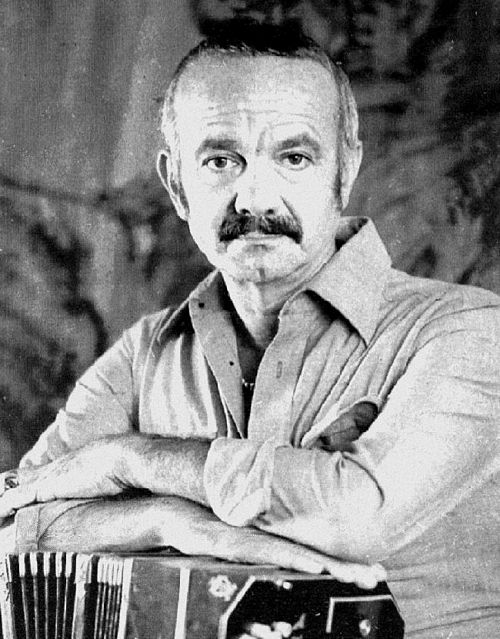
The famous tango composer Astor Piazzolla (1921-1992) is an example of how brilliant and new possibilities can arise from thinking outside the proverbial box. Born in Argentina to Italian parents then raised in New York City and studying for a time in Paris, Piazzolla initially struggled to reconcile his love for very different types of music. With tango, jazz, and Classical styles all having their own rules and traditions, the young performer and composer at first explored his identity within each style separately. The inevitable cross-pollination of influences meant he was not accepted by any of the establishments, and Piazzolla only found lasting success when he embraced his unique voice and dared to create a new style of music.
The Estaciones Porteñas, which translates as the Seasons of Buenos Aires, is a set of four pieces that Piazzolla wrote separately but occasionally performed together once all four were completed. They were originally written for his quintet which consisted of violin, piano, electric guitar, double bass and Piazzolla himself on the bandoneon, with each player also improvising percussive effects on their instruments. True to the spirit of diversity in Piazzolla’s own life, the version being performed by the OSO today is an arrangement by the composer Leonid Desyatnikov for solo violin and string orchestra which translates much of the sound effects and gritty spirit of the original through special string techniques. The arranger also includes quotes from Vivaldi’s famous Four Seasons, so have fun seeing if you can find the quotes from music you may already know! Interestingly Desyatnikov referenced the different hemispheres by including music of opposite seasons in the arrangements - for example the descending violin motive representing a storm in Vivaldi’s Summer is quoted in the Winter movement of the Piazzolla, and several well-known quotes of Vivaldi’s Winter feature in Piazzolla’s Summer. This music is an international affair through and through!
By Adam Johnson